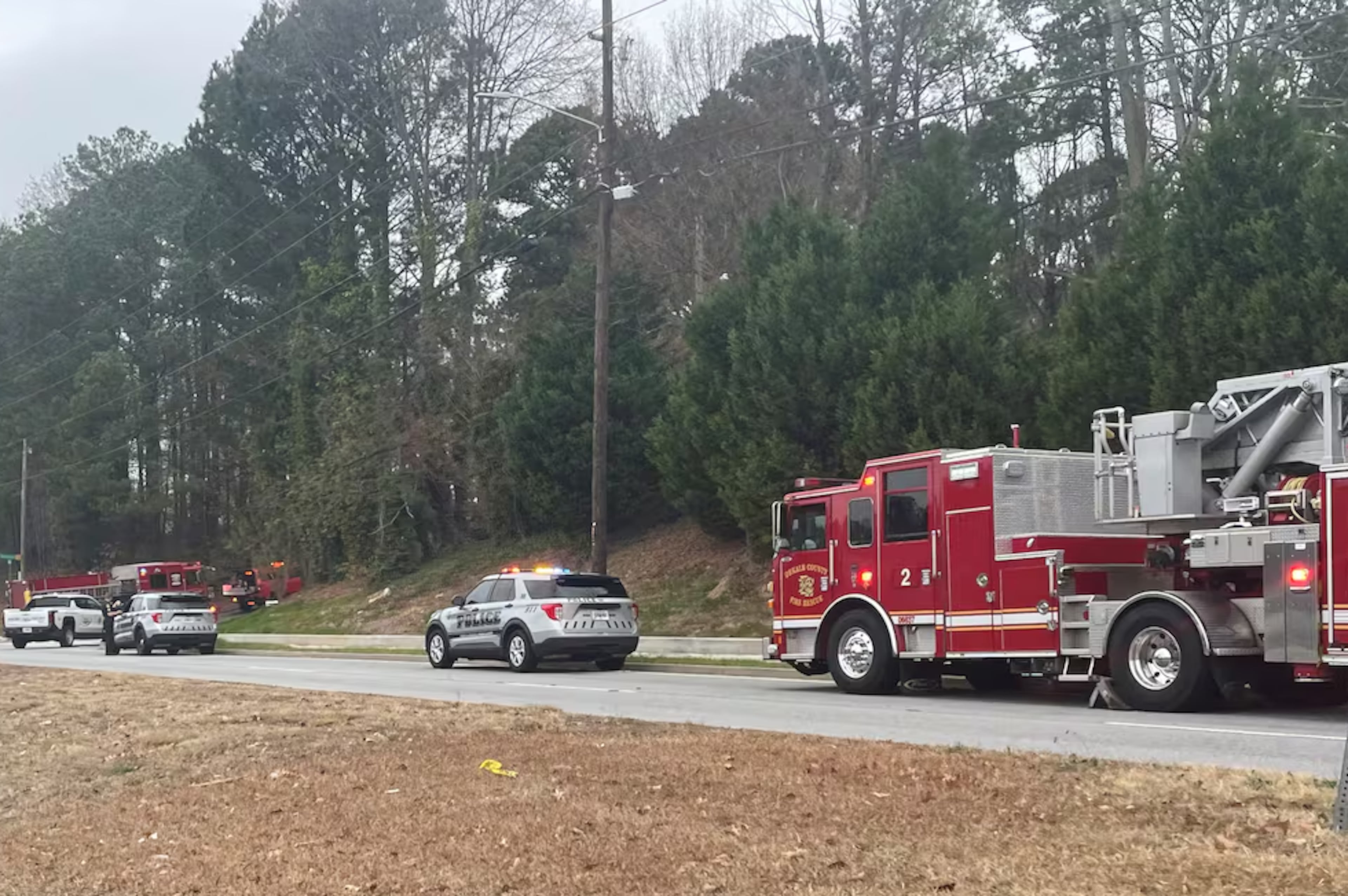City of Atlanta to begin fines for dumping yard waste on private property

The city of Atlanta just made it illegal to dump yard trimmings on private property as part of an effort to deter negligent property owners from creating eyesores in their communities.
Legislation that adds the term “yard trimmings” to the city’s long-standing litter ordinance passed unanimously at last week’s City Council meeting.
The change empowers code enforcement officers to cite residents who improperly dispose of plant materials by dumping bags on vacant properties, sweeping yard waste into city streets and drains or letting trimmings pile up on a person’s own lawn.
Under the city’s litter laws, Atlantans found violating the restrictions could face a fine of up to $1,000 per day to clear materials away, be liable for reimbursing the city for pickup or be subject to court-ordered community cleanup.
Thelesia Lowery-Barkslate, with Neighborhood Planning Unit P on the southwest side of Atlanta, said their district has been pushing for the change after residents who volunteer to pick up trash once a month noticed yard debris from commercial properties being blown into Princeton Lake.
“What we really had a strong concern about was a lot of the debris being washed down the drains,” she said. “We wanted it to be clear to lawn care providers: you cannot blow lawn trimmings down drains.”
That means holding property managers accountable for how yard trimmings from commercial complexes are disposed of. But it also aims to prevent out-of-state investors from letting vacant properties become blighted.
The burden of blighted properties has increased significantly as private investors dominate the city’s housing market. A 2023 Atlanta Journal-Constitution investigation found that large investment firms have purchased more than 65,000 single-family homes within the last decade across metro Atlanta.
City Council also recently passed new measures that allow city officials to hit absentee owners with tax bills up to 25 times higher than the current rate if they neglect their properties.
“We have bad tenants, to be honest, in the city of Atlanta,” said Council member Marci Collier Overstreet, who sponsored the yard trimming legislation. “So we are trying to figure out a way to have accountability for keeping yards clean — whether someone’s living there or not.”
That also means fining residents who dump yard waste on vacant properties that aren’t their own.
“The city can’t pay to pick up yard trimming for all abandoned property or all vacant property — we just can’t,” Overstreet said. “So we’re making it so that if you dump on a vacant property, then that’s littering as well.”
Unruly yard trimmings also pose the risk of dampening economic development in areas that struggle with dumping, NPU-P Chair Reginald Rushin said, and raises flooding concerns in neighborhoods with outdated stormwater infrastructure.
“This litter can have an impact on a lot of things we try to do in the community — because if the community doesn’t look great, it’s going to hinder us getting the development we need,” he said. “And when we have our drains and streams clogged up, that increases risks of flooding.”


